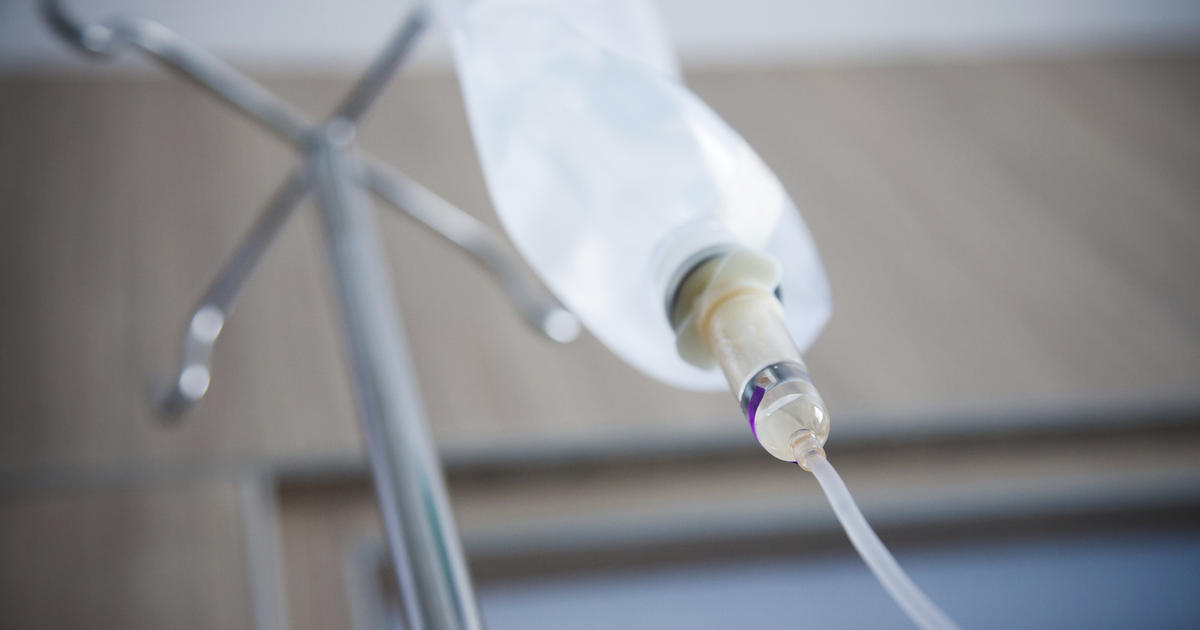Guide To The Prevention And Treatment Of Diabetic Hyperosmolar Syndrome
Intravenous Insulin To Control Blood Sugar

Patients with diabetic hyperosmolar syndrome are routinely given intravenous insulin to control blood sugar as part of their emergency care. Regular insulin is the only form of insulin administered intravenously, and it begins to work within fifteen to thirty minutes. To give insulin intravenously, medical staff always use an infusion pump, and a separate insulin-only intravenous line is used. An insulin infusion is normally continued for at least thirty to sixty minutes, and patients will have their blood glucose checked approximately one hour prior to stopping the infusion. After the healthcare team has discontinued the intravenous insulin, the patient will have their blood glucose measured again at meals and before bedtime. Throughout the infusion process, doctors will monitor the patient's vital signs, and patients should report any new or worsening symptoms to staff.
Learn more about preventing and treating diabetic hyperosmolar syndrome now.